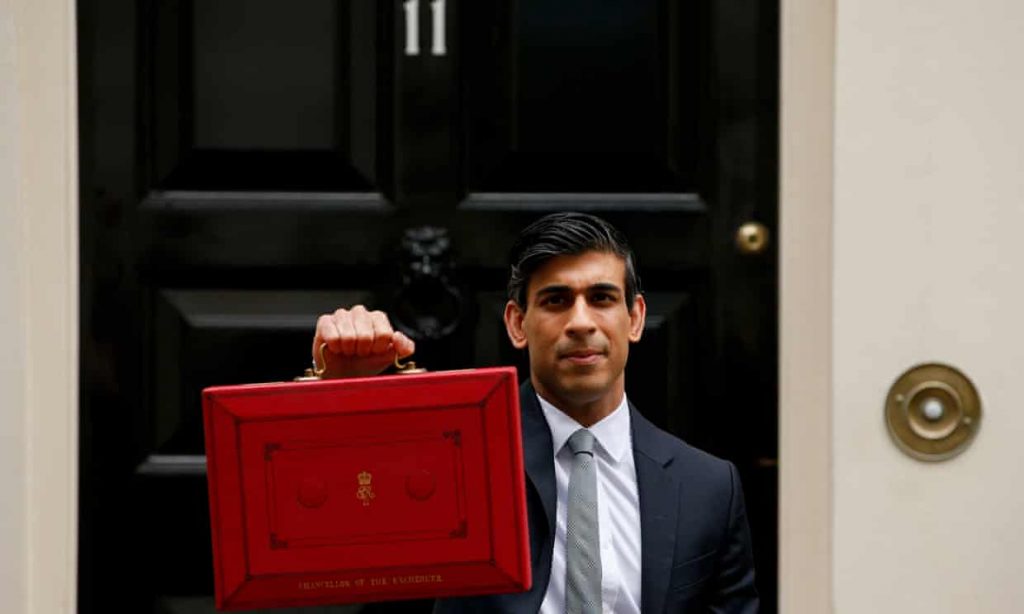
By David Lamb
Last Wednesday’s budget was quite beige, but what could Chancellor of the Exchequer Rishi Sunak do?
He must balance spiralling Government debt with an (almost) stagnant economy.
Hopefully that stagnation will turn into a coiled spring as we get closer to the end of lockdown and the £130bn that the British public has saved since the first lockdown is spent on haircuts, meals (eating in not takeaway), drink and holidays.
This massive government debt will have to be repaid, but now is too early so what has Mr Sunak done to get the British public to help repay those staggering amounts (£355bn according to the BBC)?
One way of increasing tax revenue, without blatantly increasing rates is to use inflation (not much of that now, but just wait until we get spending again).
The pension lifetime allowance – the maximum capital value you can have for your pension (LTA) – has been frozen at £1,073,100 until 2026. You may think that this is a lot of money and does not apply to you but, as inflation increases, for those in defined benefits this could become a real problem.
NHS staff could become some of the hardest hit, the weekly hand clapping long forgotten.
What can be done to reduce this? If you are in a defined contribution scheme, you could pay in less, or reduce your investment risk profile to reduce the growth. Members of defined benefit schemes could leave the scheme or simply work less hours (thereby reducing salary and pension benefit).
Regardless of the type of pension, many people may become disillusioned with pensions and may consider other methods of savings, such as individual savings accounts. But all potential options have major disadvantages.
The inheritance tax threshold has been frozen at £500,000 (including the residential nil rate band) for a single person and £1m for married couples. As with the freezing of the LTA, this will raise taxes through wage inflation and asset price inflation.
Is there any other name for this, other than a wealth tax?
What can be done to mitigate this? Possibly gifting, or spending more, but again there could be negative consequences; you could run out of money!
The annual personal allowance of £12,500 has also been frozen, as has the capital gains tax allowance, at £12,300 and the High-Income Child Benefit Tax Charge at £50,000. Because of wage inflation, more tax will be collected.
The freezes on allowances may only impact on a relatively small number of people now, but with rates frozen until 2026, more people will be caught as the years go on.
There is no easy way to mend the nation’s finances, and it is going to take a long time, but we do not want our personal finances to be negatively affected either. There are things we can do to reduce the impact of taxes (which are likely to get worse once the economy recovers), but these can have a negative effect on other areas of financial planning.
To help you make the correct decisions, it is essential to have a detailed, regularly reviewed financial plan, which will help you understand how much is enough. Enough to give you the lifestyle you want, without the fear of running out of many, whatever happens.
Once you know how much is enough, you will be in a good position to make sensible, informed, and logical decisions to adapt your plans to the current economic and fiscal climate. If you do not know how much is enough, do not have a plan.
As the old saying goes, failing to plan is planning to fail.



